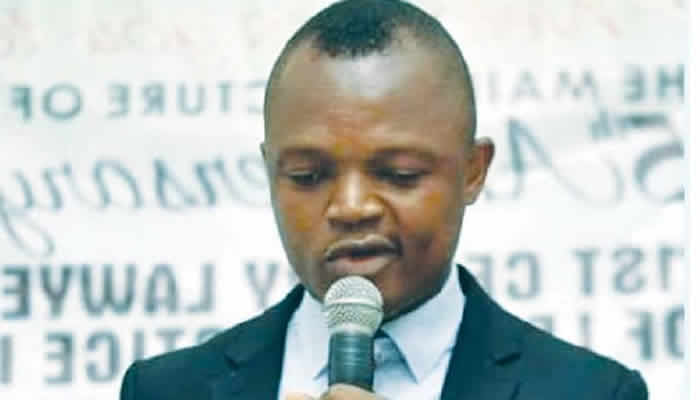The Nigerian Bar Association (NBA) Gombe Branch has raised serious concerns regarding Governor Muhammadu Yahaya’s Executive Order 007 on BAP 4, which revokes occupancy rights concerning land use in the state. The NBA argues that the order is a violation of both the Land Use Act and the Constitution of the Federal Republic of Nigeria, 1999 (as amended). In a communiqué issued by the association and signed by its Chairman, Barrister Benjamin Sati, and Legal Adviser, Barrister Abubakar Bafeto, the NBA urges the governor to take prompt action to reverse this declaration. The communiqué emphasizes the need for adherence to established legal frameworks in land governance, underscoring the importance of protecting landholders’ rights within the state.
In addition to calling for the immediate reversal of the executive order, the NBA advocates for the suspension of any documentation processes related to the revocation. This step is seen as crucial to preventing any unintended litigation that may arise from the government’s actions. The association firmly believes that legal protections around land revocations must be enforced in a manner that respects the rights of stakeholders involved. Through these efforts, the Gombe Bar aims to promote a more just and equitable environment, not only for landholders but for the broader community as well. The communiqué reflects a desire for the government to ensure fair treatment in land governance, vital for societal harmony.
Furthermore, the Gombe Bar has highlighted the pressing need to improve the welfare of judicial officers in the state. Recognizing the critical role that these individuals play in upholding justice, the NBA issued a plea for enhanced welfare provisions, which includes calls for better housing, medical services, and operational vehicles. These recommendations are driven by a commitment to bolster the capacity of the judiciary, ensuring that judicial officers are adequately supported in their roles and responsibilities. The Gombe Bar’s request follows a meeting held in the state capital, where these issues were discussed with urgency.
The communiqué not only expresses concerns over judicial welfare but also commends the state government for strides made in judicial infrastructure, such as the completion of the Shariah Court of Appeal Complex and the development of a state-of-the-art High Court Complex. However, the issue of housing for judicial officials remains a significant point of contention. The NBA calls for secure and designated quarters for High Court judges and magistrates within Gombe, asserting that such measures are essential for the effective functioning of the judiciary.
Another pressing matter raised is the condition of transportation for judges, with many reportedly using the same vehicles for over 13 years. This situation has resulted in significant wear and tear, adversely affecting their ability to dispense justice efficiently. The Gombe Bar stresses that replacing these vehicles is necessary for smooth operations within the judiciary, advocating for the provision of reliable transport to ensure operational efficacy and support for the legal professionals in the state. This plea indicates the NBA’s recognition of logistical challenges facing the judiciary and the need for prompt government intervention.
In conclusion, the NBA Gombe Branch’s communiqué highlights critical concerns surrounding land rights, judicial welfare, and the overall functioning of the judiciary in Gombe State. By urging the governor to reverse Executive Order 007 and advocating for better provisions for judicial officers, the Gombe Bar aims to enhance legal governance and justice delivery in the state. The association’s commitment to upholding legal rights, advocating for judicial support, and promoting effective land governance showcases its deeper objective—fostering a fair, equitable, and just society in Nigeria. As these issues unfold, the call for collaborative efforts between the government and the legal community remains essential in achieving these ideals.














